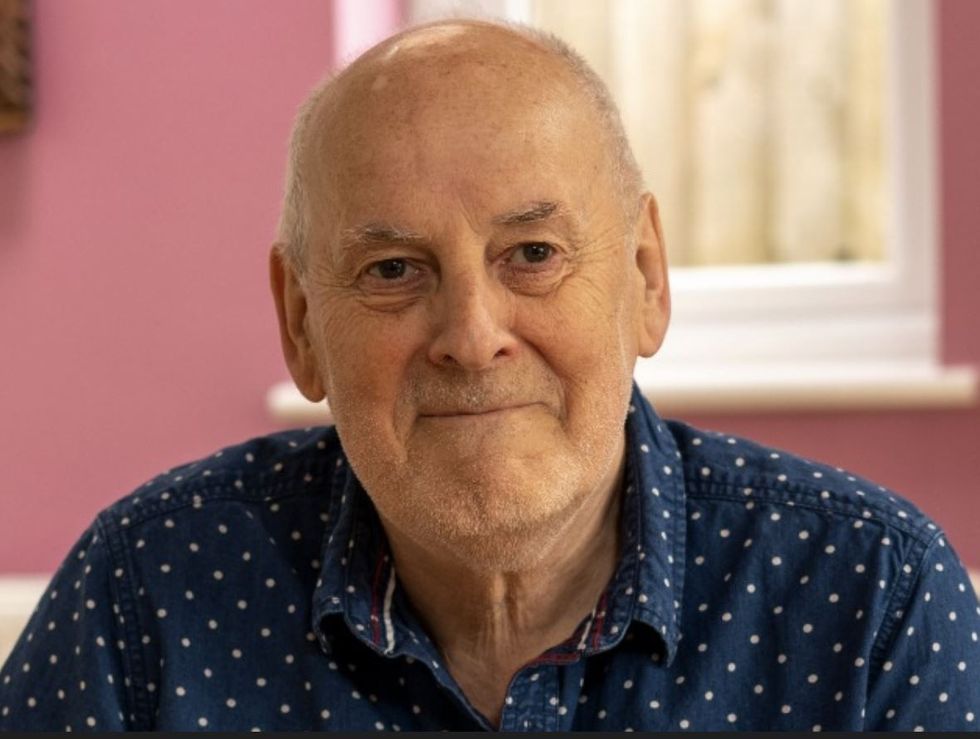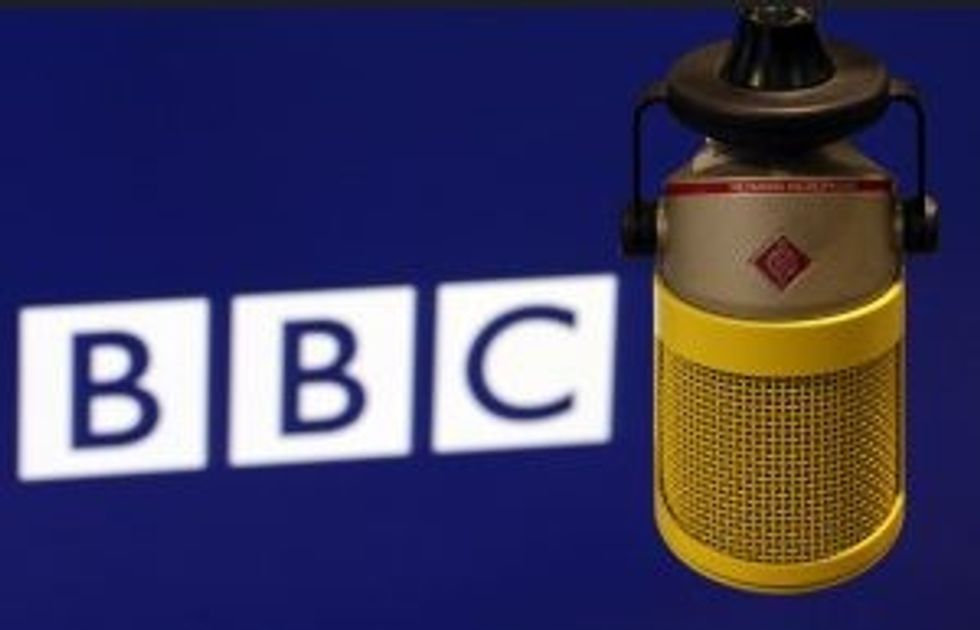ONE of the key public purposes of the BBC is ‘to reflect, represent and serve the diverse communities’ of the United Kingdom. The broadcaster’s operating licence from Ofcom goes further – ‘the BBC should accurately and authentically represent and portray the lives of the people of the United Kingdom today and raise awareness of the different cultures and alternative viewpoints that make up its society’.
The changes to BBC local radio currently being pushed through by the corporation’s senior management in England will seriously affect the ability of BBC local radio to meet this challenge.
The three BBC local stations in the east Midlands – located in Derby, Leicester and Nottingham – provide a case study of how the BBC is setting them up to fail to reflect the diversity of their areas.
Diversity is not ‘just’ a question of ethnicity, it also encapsulates gender, age, sexuality and socio-economic status. According to the 2021 census, there were 3.2 million people living in the combined local radio areas of BBC Radios Derby, Leicester and Nottingham.
Despite some exceptionally wealthy areas, pockets of deprivation exist; a fifth of working-age adults in the east Midlands live in poverty; a third of people in the city of Leicester live in some of the most deprived areas in England and 120,000 people in the East Midlands used a foodbank in the last year.
These are also some of the most digitally excluded people and many form the core of local radio audiences.
BBC local radio stations have a duty to cover these issues in their programmes, and they do. However, unless the speech ratio is drastically increased, scrapping local for regional shared programmes in the afternoons and at weekends will automatically reduce the local story count by two thirds across the three east Midlands stations in these time slots.
The replacement formats featuring non-locally specific and generic ‘celebrity’ interviews and quizzes will hardly cover the remit of a public service broadcaster. Each station will stop being local every weekday afternoon from 2pm and at weekends will be regional or national from 2pm on Fridays until 6am on Mondays.
BBC management have pledged to keep sports coverage – but with kick-off times scheduled by TV broadcasters it will continue to mean sport is a moveable feast in the schedule and will listeners bother to look for it in a sea of regional content? In addition, will sports – other than football and rugby – still feature in game score and match reports or benefit from the current range of podcasts on BBC Sounds?
One non-league football podcast from BBC Three Counties Radio has already been scrapped.
But it is in the field of ethnic diversity that the three BBC East Midlands stations are going to be hit hardest.
As a region, the east Midlands is pretty typical of England and Wales with 17 per cent (569,489) of the population from non-white backgrounds. However, locally, there are huge differences and it is apparent that one size will not fit all.
In Derbyshire, 96 per cent of people are white, but this drops to 74 per cent in Derby, 67 per cent in Nottingham and 42 per cent in Leicester. As a ‘minority-majority’ city, Leicester is an outlier, but both Nottingham and Derby also require daily programming that reflects the multi-ethnic make up of their communities. This means that BBC staffing, including presenters, producers, and managers, with links to diverse communities bringing different perspectives to the stories covered should be the norm.
So how are the stations doing on air at present? In the week from May 13-19, just six out of the 63 daytime programmes across the three stations between 6am and 6pm were hosted by presenters of colour – all of them British Asian and all in Leicester. As the number of local programmes on each station is cut from 21 to 10 each week, there will inevitably be fewer local presentation shifts per week and fewer chances for new presenters of colour to engage locally.
Crucially, the BBC needs to be led at all levels by more people of colour – including the senior management for England – that is the only way things will change, organically, rather than the current over reliance on ‘diversity’ initiatives.
With the BBC’s head of creative diversity, Joanna Abeyie1 leaving the corporation, the third diversity executive to do so in two years – questions remain about how serious the BBC is about change, rather than ‘window dressing’.
One of the key local sequences to be dropped in favour of regional programming is the Sunday morning faith sequence, running between 6am and 10am. Cutting the local shows down to one reduces the number of faith stories that can be covered by two thirds and will inevitably bring a diminution in the range of treatments – it will revert to talking heads.
For non-Christian faith groups, it is difficult to see how 155,000 Muslims, 75,000 Hindus and 30,000 Sikhs in the east Midlands are going to be served regionally.
Local relevance is key in faith programming, so are the long-trusted links built up between journalists and faith leaders. Will coverage of the major Diwali celebrations come from Leicester where 90 per cent of Hindus live? Will it be relevant in Nottingham and Derby?
If Eid material is based in Leicester – again, where more than half of the Muslims in the east Midlands live – will it disregard the different backgrounds of Muslims in Derby and Nottingham?
The heritage of these British Asian communities from the Indian sub-continent and east Africa brings even more complications that will be difficult to address regionally. No decision has been made public on where the new regional faith programme will come from, but how will the contacts across all faiths in the East Midlands be nurtured by one producer or presenter across three counties? The same applies nationally as large regional patches become the norm, and as the Archbishop of York told BBC Radio Sheffield: ‘I hear and listen respectfully to their arguments, but local radio works because it is local. Once you spread that too thinly, you lose the distinctive voice of the local’ … and he’s not wrong.

But it doesn’t end there, as valued and popular, targeted local ethnic programming across England is also to be dropped in favour of regional and national output.
To be fair, the BBC said they are not saving money here and plan that the number of stations that broadcast community programmes will increase.
But, drill this down to a region and the ‘regional’ concept becomes flaky.
Before Herdle White retired from BBC Radio Leicester in May, the East Midlands stations were producing 17 hours of discrete black and Asian programming: BBC Radio Derby (four hours) Radio Nottingham (four hours) and BBC Radio Leicester (nine hours).
Under the new plans, this will be reduced to just six hours, featuring two discrete three-hour regional programmes targeted at south Asian and African/ Caribbean communities and then a national programme from London.
How is pulling coverage for all the south Asian and black communities in the East Midlands together in just two shows going to serve local communities? At the very least, it will reduce the opportunities for local news to be gathered and broadcast on each station as the content is again reduced by two thirds.
Let’s not forget these local shows are one of the ways the BBC first became aware of the devastating effect of Covid 19 on black and Asian minority ethnic (BAME) communities. When the local programmes are gone, what will be the conduit for stories from these marginalised communities to come into the BBC? One of the other valuable roles these local programmes have performed over 50 years on air across England is to provide a front door to the BBC through which new talent has joined the corporation – including BBC local radio managing editors, senior BBC journalists and programme makers.
The BBC is failing in its public purpose on diversity. I would argue that closing local community and faith programmes and making them regional is no way to fulfil the charter objective to ‘raise awareness of the different cultures and alternative viewpoints that make up society’. What is happening in the east Midlands is being replicated across England as £19 million – around one fifth of the BBC local radio budget – is being ripped away to spend on online content. Let’s be clear that investment should be made in local online journalism – but not at the expense of tearing the heart out of BBC local radio, a key plank in trying to bring the BBC closer to diverse communities across England. We heard this week that the NUJ in Leeds and West Yorkshire has discovered that the BBC local radio service licence requires more evening programming to be local … so reversing these damaging cuts to community programmes would allow the local broadcast quota in the evenings to be met.
The BBC’s executive board is allowing management in England to destroy these local connections – despite opposition from the government, MPs, a former director general, a former controller of English regions and the staff – we don’t know about the public as they haven’t been consulted yet. Is the executive board not intervening for fear of being seen as too London-centric? It – and the BBC’s new acting chair – need to step in and rebuild trust with its staff and audiences across England; if it does not, then Ofcom as the BBC’s regulator should intervene.
Dr Liam McCarthy is an honorary fellow in the Department of History, Politics and International Relations at the University of Leicester. His new book, Finding a British Asian Sound on BBC Radio, will be published by Palgrave Macmillan in autumn 2023. In a 30-year career at the BBC he was managing editor of three BBC Local Radio stations in Leicester, Nottingham and Sheffield and was head of BBC Local Radio Training.
- 1. https://variety.com/2023/biz/global/ bbc-creative-diversity-joanna-abeyie-exit-1235660059.
















 David Beckham wearing a David Austin Roses "King's Rose" speaks with King Charles III during a visit to the RHS Chelsea Flower Show at Royal Hospital Chelsea on May 20, 2025Getty Images
David Beckham wearing a David Austin Roses "King's Rose" speaks with King Charles III during a visit to the RHS Chelsea Flower Show at Royal Hospital Chelsea on May 20, 2025Getty Images

 Kurukshetra battlefield illustration
Kurukshetra battlefield illustration
 Chanakya
Chanakya  Shimla Agreement
Shimla Agreement Kargil War 1999
Kargil War 1999
How BBC local radio is failing diversity challenge
‘Changes to current programming risk reducing ethnic output by two thirds in East Midlands'